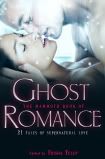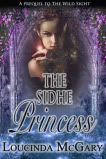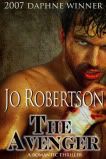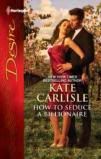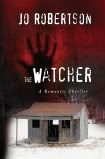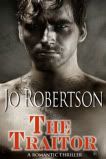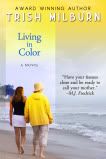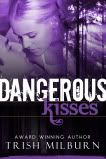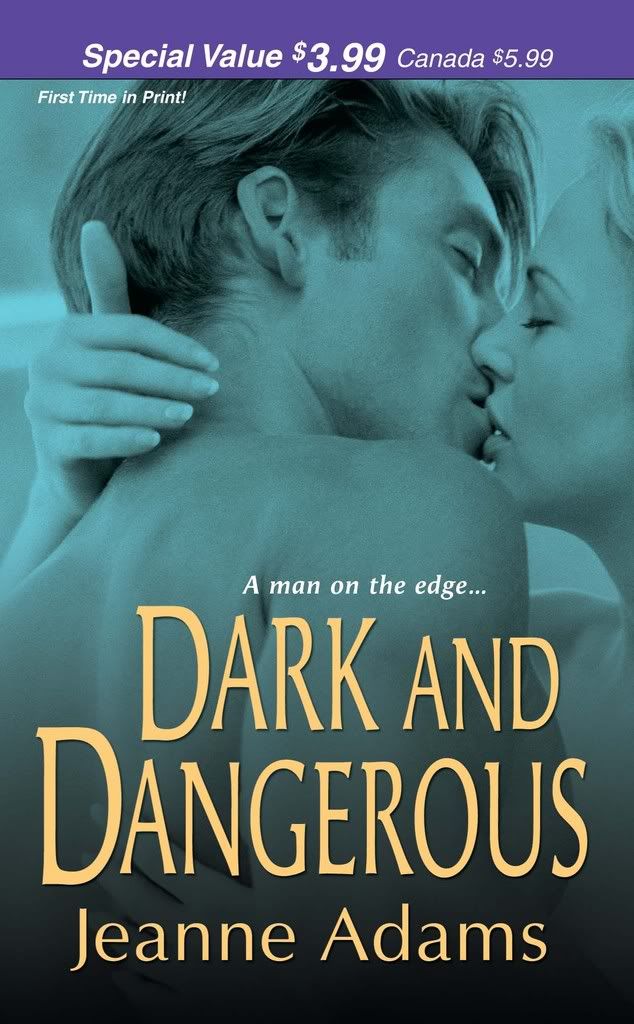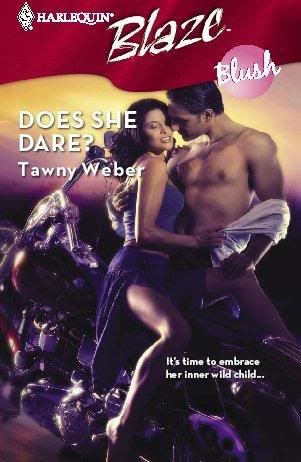 "Talk, talk, talk, talk, all you do to me is talk, talk." Okay, not exactly immortal words from the English New Wave band Talk Talk, but they have a point.
"Talk, talk, talk, talk, all you do to me is talk, talk." Okay, not exactly immortal words from the English New Wave band Talk Talk, but they have a point. In publishing these days, there is a push for more dialogue, less description and introspection. One well-known author I know says if you're character can think it, s/he can say it. Well, maybe, but why would I want them to? Maybe I'm simply contrary, but I don't enjoy page after page of dialogue.
 I tend to think of loads of dialogue kind of like George did in the Seinfeld episode with the "Yada Yada Yada" girl George dated. George figured out she was leaving out some significant details when she used the phrase "yada yada yada". But when he probed and she told him all the details she had left out, it was WAY more than he wanted to know. Sometimes I feel that way with dialogue-heavy books. TMI (too much information)!
I tend to think of loads of dialogue kind of like George did in the Seinfeld episode with the "Yada Yada Yada" girl George dated. George figured out she was leaving out some significant details when she used the phrase "yada yada yada". But when he probed and she told him all the details she had left out, it was WAY more than he wanted to know. Sometimes I feel that way with dialogue-heavy books. TMI (too much information)! As a reader, I like breaks. I like characters to reflect on what they think, how they feel and - shocker! - what they might do next. On the other hand, I don't enjoy endless blocks of exposition with no dialogue, either. I prefer a balance of the two. But I think it's more than simple preference. It seems to be a function of an author's voice and what works for them and the stories they tell.
Some authors, like MaryJanice Davidson, have a voice that comes out in dialogue. I would know her voice (or maybe Betsy the Vampire Queen's from her "Undead" series) anywhere. Her strength is dialogue and she uses plenty of it. Then again, the Undead books are first person narratives, so even when Betsy is thinking about something, the voice is there.

Both of these authors are New York Times bestsellers, despite having very different styles of writing. I'm fairly certain Harlan Coben's editor doesn't tell him to lose all the narrative and pack in more dialogue. Which leads me to question things I've learned in recent years about loading the story with dialogue for dialogue's sake. Should I worry about making my books more dialogue driven when my strength lies in my narrative voice (as I've been told)? The part that loves MaryJanice says "yes". But the big part, the Harlan Coben fan girl, says, "Heck no, girlfriend!" Maybe I should leave well enough alone and let my narrative speak for itself.
What do you think? Is more dialogue in a book better or does it depend on the author? Are you tired of all the yada, yada, yada in books or do you crave more? Please dish!

